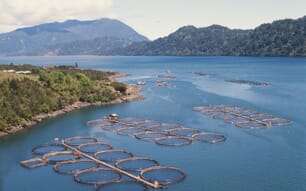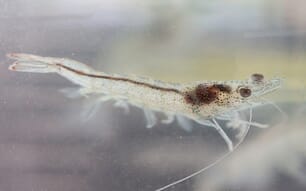“Water conditions have been improving and since Sunday… the water has started to clear,” department spokesperson Zolile Nqayi said.
Nqayi said there has been no further walk outs or washing up of West Coast Rock Lobsters or even dead animals.
“At St Helena Bay, the red tide is moving more offshore possibly as a result of the Easterly wind (five to 10 knots) pushing the water.
“In Elands Bay, the water inshore is clean unlike last week when the water was completely dark. In Lamberts Bay, there are patches of darkish brown water extending towards Doring Bay, but there is no longer a big coverage of the water area,” Mr Nqayi said.
The Department of Environmental Affairs has proposed a research programme to assess and monitor the formation and impacts of (Harmful Algal Blooms) HABs.
According to the department, HABs are natural phenomena in coastal waters caused by a dense accumulation of microscopic algae.
“These minute organisms carry pigments to photosynthesize which give HABs their typical reddish-brown appearance.
“HABs occur in most coastal regions of the world, and are particularly common in the productive west coast upwelling regions, such as the California, Humboldt, Canary, Somali and Benguela upwelling systems,” Mr Nqayi said.
About 29 algal species that are known worldwide for forming HABs are harmful because they contain toxins, which are poisonous to humans.
Poisoning may either take place through the consumption of seafood that is contaminated by toxic algae, or by toxic aerosols or waterbound compounds that cause respiratory and skin irritation.
“Other HABs cause harm through the depletion of oxygen (anoxia), which affects all marine creatures and can lead to mass mortalities of entire marine communities or mass walkouts of rock lobsters that try to escape the anoxic conditions,” Mr Nqayi said.
HABs events can potentially have major environmental and societal implications, with knock-on effects on coastal economies.




